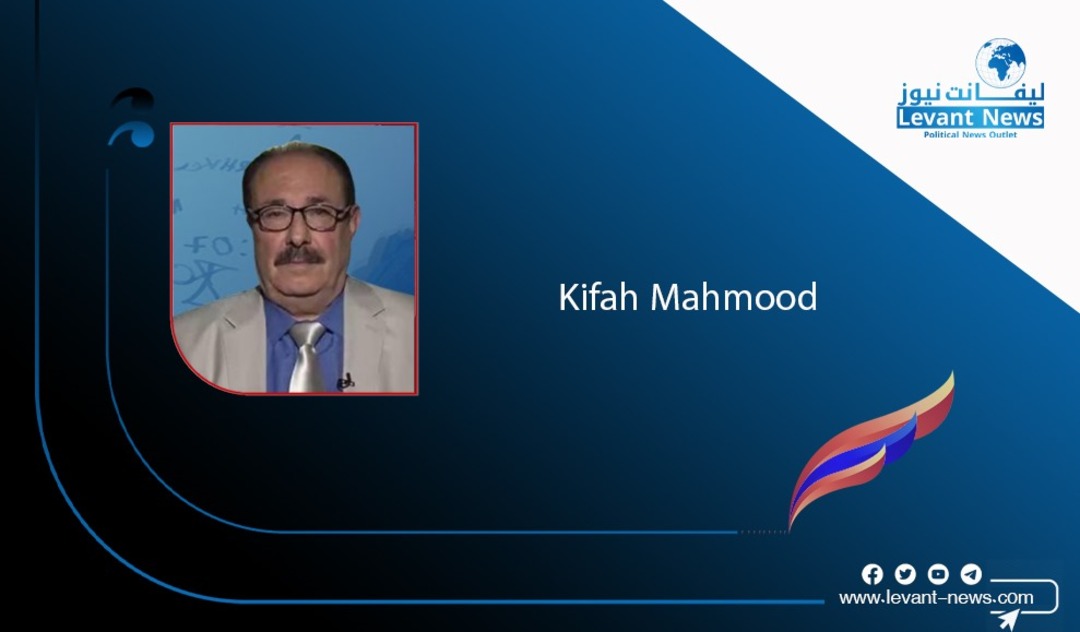-
Kurdistan... A Model of Success Amidst State Failure

Kifah Mahmoud
While Baghdad has spent nearly fifty billion dollars on electricity since 2003 without providing stable supply hours to Iraqi cities, the Kurdistan Region has successfully managed this issue with a limited budget and prudent economic management. It established modern power plants operating on local oil and gas, achieving almost complete energy independence, while other Iraqi provinces remain dependent on generators and political rivalries at the expense of citizens.
But the success story doesn't end with electricity; the region tackled the water crisis with a state-level mentality, not a temporary administration. It proceeded years ago to build hundreds of dams and reservoirs to store rainwater and springs, now holding enough water reserves to meet the region’s needs for the next three decades, at a time when southern provinces suffer from severe drought and increasing rural exodus.
In terms of infrastructure, Kurdistan has completed a network of roads and bridges considered among the most advanced in Iraq, connecting cities and facilitating trade and tourism. These projects were not achieved through lavish spending but through precise budget management, despite a crippling financial siege from Baghdad, which cut off the region’s budget share, halted government salaries, and allowed militias to target oil and gas facilities.
Despite all these challenges, the region also succeeded in producing its own food, transforming agricultural lands into a secure food and economic source. In cooperation with Dutch and Swedish companies, it developed egg, poultry, vegetable, fruit, and flour production fields, so much so that Kurdistan now exports potatoes and food products to Gulf and European markets, after militia authorities banned their entry into southern and central Iraqi markets.
This self-sufficiency was not merely an economic achievement but a practical declaration of independence in food security after the region was deprived of its right to budget and resources. While confronting corruption, Kurdistan managed to reduce it through transparency and accountability, prevented bloating of the administrative apparatus, and encouraged private investment, creating a more attractive and stable environment than other parts of Iraq, which suffer from corruption and sectarian quotas.
Kurdistan proved that success is not measured by the size of funds but by management efficiency. While Baghdad sank into deficit and chaos, Kurdistan forged its path toward sufficiency and production, presenting a model worth emulating—a state built on reason, not slogans.
Tags
You May Also Like
Popular Posts
Caricature
opinion
Report
ads
Newsletter
Subscribe to our mailing list to get the new updates!




















